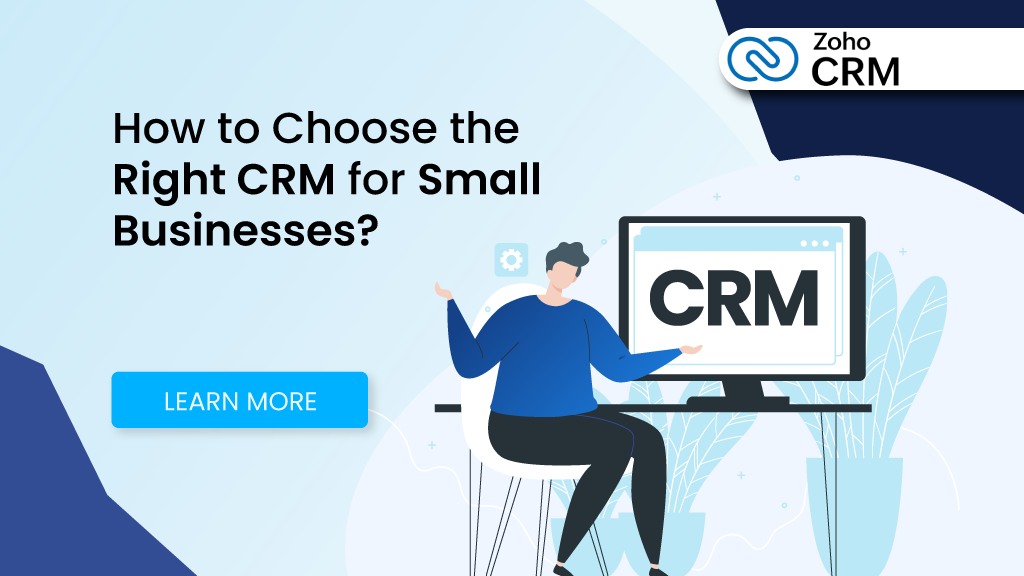Customer relationship management (CRM) tools are no longer just for big corporations. Today, small businesses can also leverage the power of CRM to strengthen customer connections, improve sales processes, and drive growth.
The challenge lies in choosing the right CRM for small businesses that matches your unique needs without overwhelming your team or budget.
In this blog, we’ll break down the essentials of selecting the best CRM for small businesses, highlight what features to look for, and offer practical tips to help you make an informed decision.
Why Do Small Businesses Need a CRM?
Running a small business often means juggling multiple roles—sales, customer service, marketing, and operations. Without the right tools, it’s easy for customer information to get lost in emails, sticky notes, or spreadsheets.
A small business CRM centralizes this data, giving you a complete view of customer interactions.
The benefits include:
- Better organization: Keep customer contact details, communication history, and sales notes in one place.
- Improved customer service: Respond faster with accurate information at your fingertips.
- Increased sales efficiency: Track leads, manage pipelines, and automate repetitive tasks.
The right CRM doesn’t just streamline operations—it empowers you to build stronger relationships with your customers.
Must-Have Features: CRM for Small Businesses
When evaluating the best CRM for small businesses, it’s essential to focus on features that align with your goals rather than getting caught up in complex extras you may not need. Here are the core capabilities to prioritize:
1. Ease of Use
Your team should be able to adopt the system quickly. A user-friendly interface shortens training and boosts productivity.
2. Contact & Lead Management
Look for tools that let you easily capture, track, and nurture leads through your sales funnel.
3. Automation
From sending follow-up emails to task reminders, automation saves time and ensures nothing slips through the cracks.
4. Integration with Existing Tools
A CRM that connects with your email, calendar, and accounting software helps avoid data silos.
5. Scalability
When your business expands, your CRM should be ready to expand too. Choose a platform that can expand as your needs evolve.
Top Mistakes to Avoid When Choosing a CRM
- Ignoring Team Input: Your employees will use the CRM daily—make sure it fits their workflow.
- Overbuying Features: Don’t pay for advanced functions you won’t use. Start simple and upgrade as needed.
- Skipping a Trial: Most CRM providers offer free trials. Test-drive the software before making a decision.
Steps to Find the Best CRM for Small Business
- Identify Your Goals: Do you want to boost sales, improve customer support, or streamline communication?
- Create a Shortlist: Narrow down providers that specialize in CRM for small businesses.
- Test Usability: Ensure the CRM feels intuitive for your team.
- Evaluate Support & Training: Good vendor support is invaluable, especially if you’re new to CRM systems.
Final Thoughts
Upwise Pro is designed to support small businesses by aligning with your goals, fitting your budget, and empowering your team. Instead of overwhelming you with complexity, it keeps things simple and effective.
The best CRM for small businesses should streamline processes, not complicate them—allowing you to focus on what truly matters: strengthening customer relationships and driving growth.


